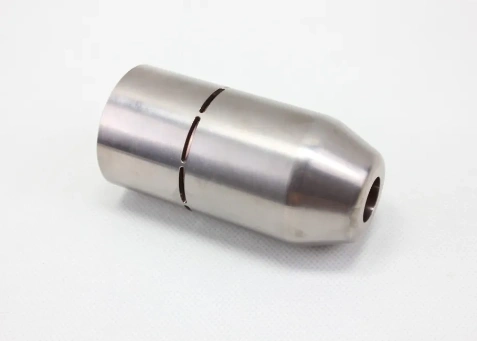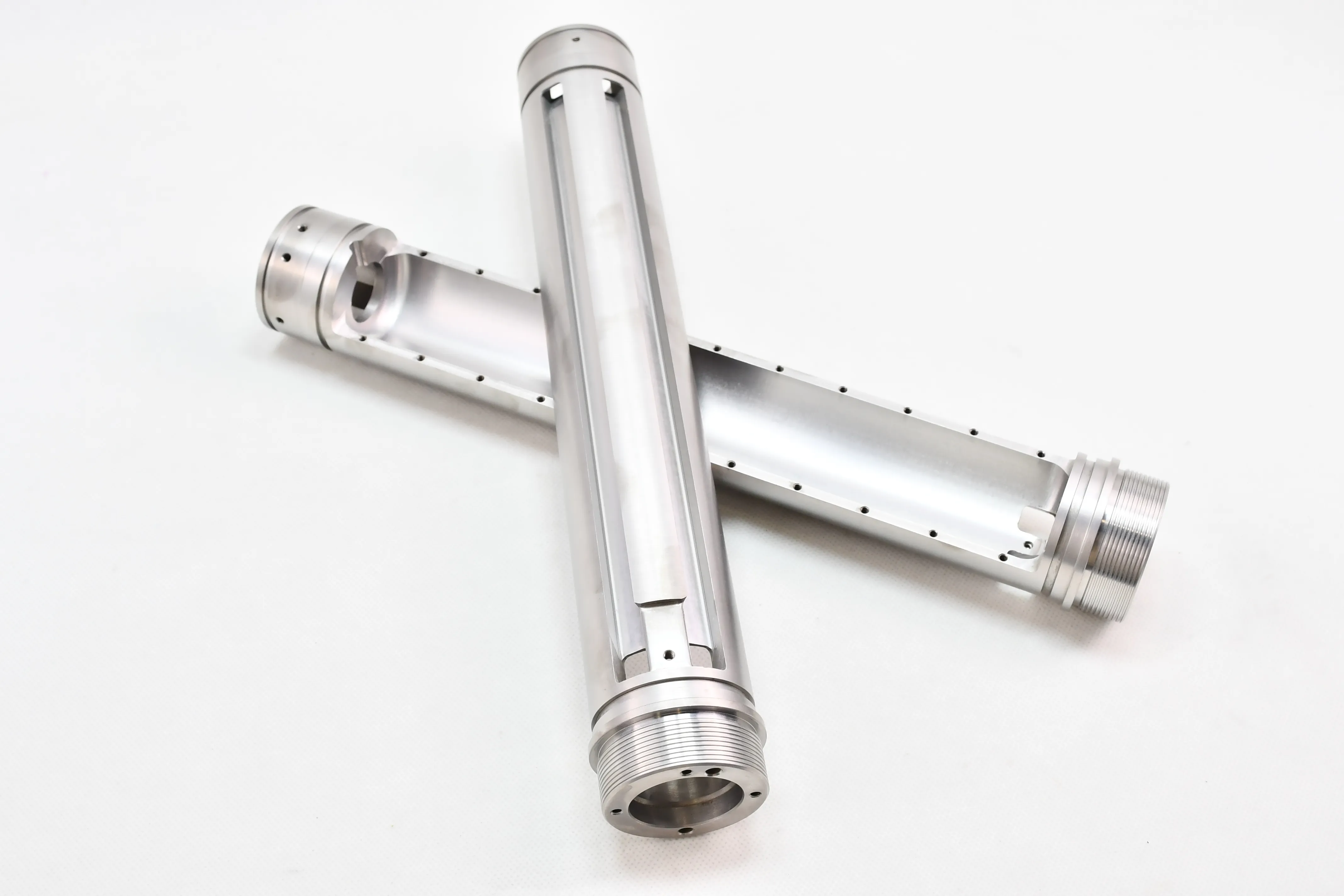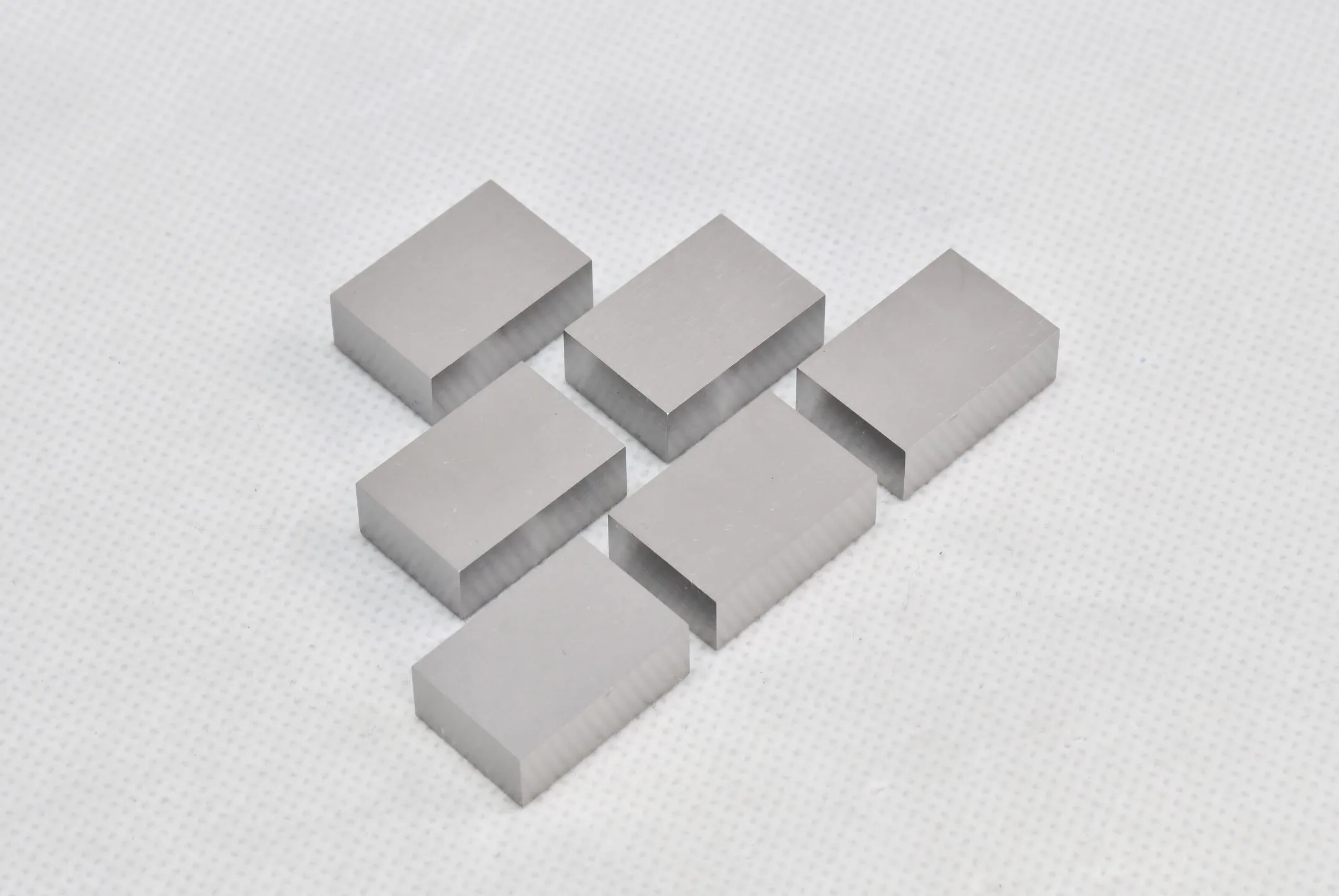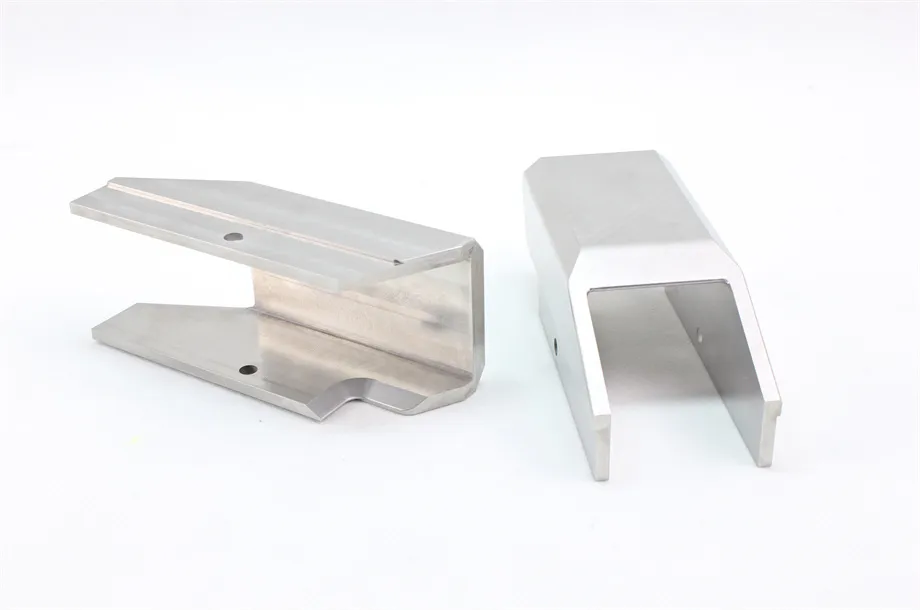What are the factors that affect the shielding performance of tungsten heavy alloy
Tungsten heavy alloys are metals used into the production of radiation shielding materials. They are preferred in this industry due to their high density and high atomic number. Consequently, the alloys are significantly effective in stopping ionizing radiation to protect people and equipment. There are many factors that affect the shielding performance of these Jiuding Metal Technology metals, including advantages, innovation, safety, use, how to use, service, quality, and application. This article shall discuss these facets in greater detail.
Advantages
The advantages of tungsten alloy are many. First, the metals are ten times denser than lead, making them an excellent radiation shielding. Their increased density increases the amount of material that can be used to offer better protection. Second, the metals have a much better lead strength mechanical making them a much better choice for radiation shielding as these are less to wear and create fissures and cracks. Third, Tungsten heavy alloys have low toxicity levels compared to lead. This makes it safer for folks and the environment.
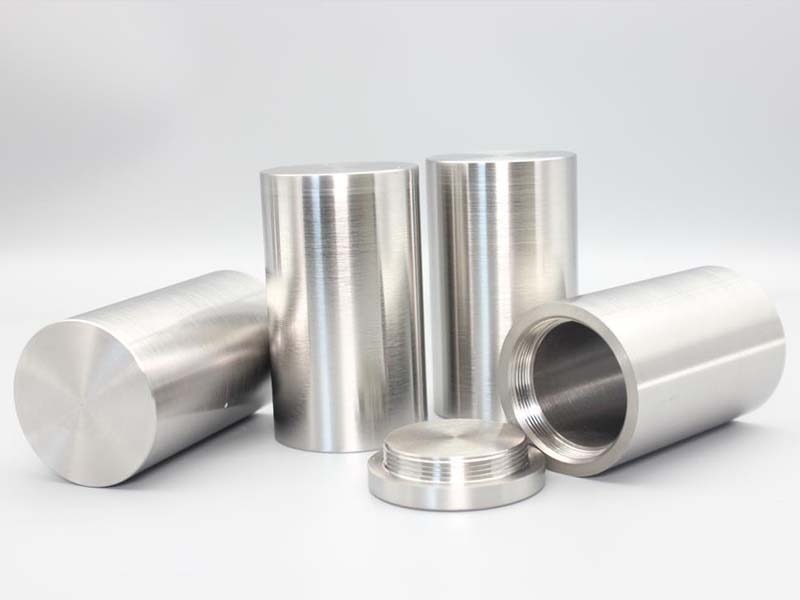
Innovation
Innovation in Tungsten heavy alloy has been on the increase due to the need for top-quality, cost-effective radiation shielding. One innovation is the use of different materials to enhance the shielding consequence of metals. Some manufacturers create Tungsten heavy alloys using boron and lithium tetraborate materials as an example. These materials have an increased degree of stopping power and produce better security by increasing the absorption of radiation energy.
Safety
Safety is critical when managing and using tungsten heavy alloy. The extra weight and thickness among these metals necessitate they are well-secured to prevent accidents. Moreover, employees must wear appropriate protective gear managing the metals to minimize the likelihood of visibility to radiation.
Use
Tungsten heavy alloy is relevant in various fields such as medical, nuclear technology, aerospace, and military. Specifically, in medical usage, Tungsten heavy alloy acts as a radiation shielding product nuclear medicine and radiotherapy. In army and aerospace use, Tungsten heavy alloy will act as armor or protective gear.
How to Use?
Before using Tungsten heavy alloy, it is vital to know how to use it correctly. Using the right tools and gear for handling these metals is a must. Additionally, workers must take note of the metal's weight and density to ensure its safety. Finally, Tungsten heavy alloys must be properly tested and analyzed after usage to determine if they are still healthy for usage.
Quality
Quality is an important aspect of usage. This goes beyond making sure the material has the desired density and atomic number. It encompasses how the metals are made and how these are tested. Consequently, it is very important to select a reputable vendor test and re-test the metal to ensure that it fulfills safety standards.
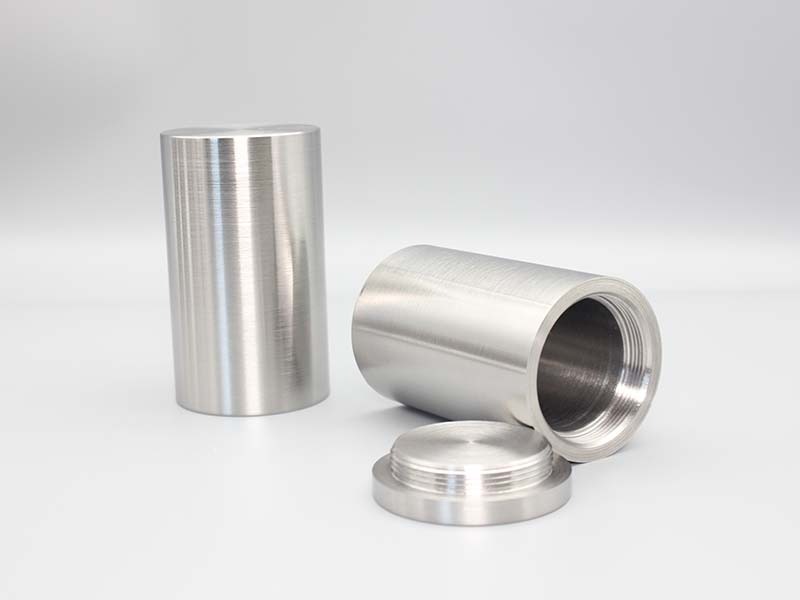
Application
Tungsten heavy alloy has applications diverse different fields. For instance, in the medical industry Tungsten heavy alloy and tungsten steel alloy can be obtained in x-ray machines, nuclear medication, and radiotherapy gear. In military and aerospace use Tungsten heavy alloy are located in bulletproof vests, helicopter rotor blades, and missile counterweights.

 EN
EN AR
AR FR
FR DE
DE HI
HI IT
IT JA
JA KO
KO PT
PT RU
RU ES
ES ID
ID LV
LV VI
VI HU
HU MS
MS GA
GA BE
BE YI
YI EU
EU